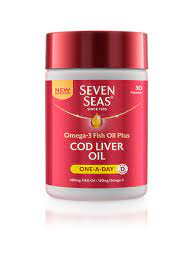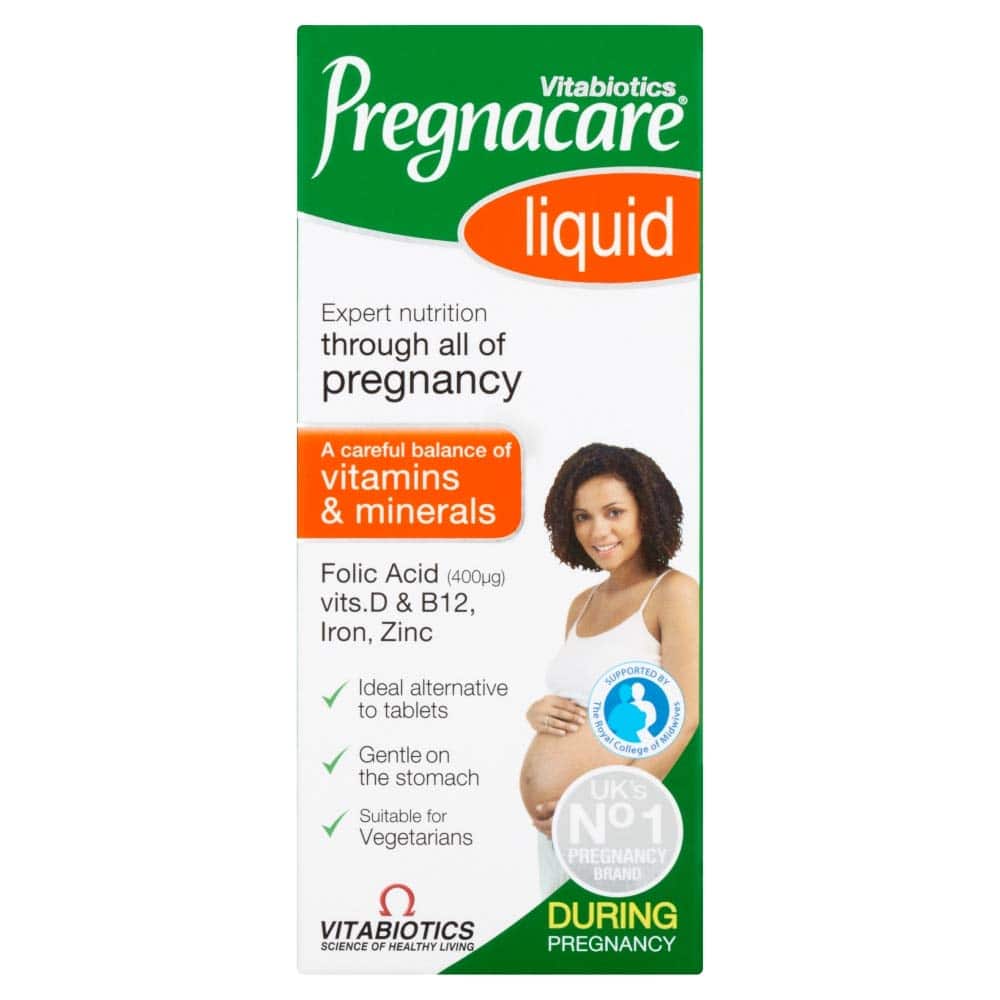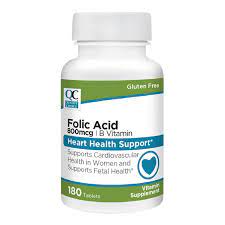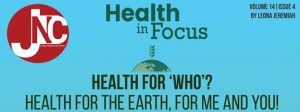Maria felt overwhelmed, anxious, and had trouble sleeping after giving birth to her first child. She also experienced feelings of sadness and guilt that she couldn’t shake and was hesitant to seek help, feeling ashamed and embarrassed. She was diagnosed with postpartum depression and felt like she was failing as a mother. Her partner, James, was supportive and encouraged her to seek treatment. With the help of therapy and medication, Maria began to feel better and James continued to be a source of support and encouragement. Through joint efforts, Maria was able to recover fully and realized that seeking help was a strength, not a weakness
What is Postpartum Depression?
Postpartum depression (PPD) is a form of depression that affects some women after giving birth. It is experienced mainly by the birthing mother, but can also affect the paternal father and adoptive or surrogate parents. It usually develops in the first few weeks or months after childbirth but can also occur later. On the other hand, Perinatal depression is quite similar, except, outlines onset as during pregnancy and lasts post birth. According to a study published in 2019, the prevalence of postpartum depression in the Eastern Caribbean region ranges from 18% to 25%. Dominica is likely to have similar prevalence of PPD with contributing factors such as poverty, limited access to healthcare services, and high levels of stress related to economic and environmental challenges
Signs & Symptoms
An individual experiencing PPD may have a range of emotional symptoms such as excessive and uncontrollable crying, persistent sadness, hopelessness, numbness and emptiness, extreme mood swings accompanied by irritability, anxiety, restlessness and fear, as well as random feelings of rage, anger, guilt and shame. This can lead to the inability to concentrate, trouble remembering details, difficulty making decisions, doubting her ability to care for her baby and general feelings of being overwhelmed. Physically, PPD may cause changes in appetite, sleep, fatigue, loss of energy and general aches and pains. To an outsider, it may seem as if the individual is a different person, displaying strong behavioral changes such as distancing from partner, withdrawing from loved ones and social activities, difficulty forming a bond with the new baby and reluctance to care for the baby out of fear of harming them.

Causes & Risk Factors
Postpartum depression (PPD) is a form of depression that affects some women after giving birth. It is experienced mainly by the birthing mother, but can also affect the paternal father and adoptive or surrogate parents. It usually develops in the first few weeks or months after childbirth but can also occur later. On the other hand, Perinatal depression is quite similar, except, outlines onset as during pregnancy and lasts post birth. According to a study published in 2019, the prevalence of postpartum depression in the Eastern Caribbean region ranges from 18% to 25%. Dominica is likely to have similar prevalence of PPD with contributing factors such as poverty, limited access to healthcare services, and high levels of stress related to economic and environmental challenges. Postpartum depression can be caused by hormonal changes after childbirth, sleep deprivation, physical exhaustion, a history of depression, bipolar disorder, anxiety or any other mental health disorder, a difficult childbirth, financial stress, lack of social support, and relationship problems. Additionally, women who have experienced a traumatic event such as abuse, may be more susceptible to postpartum depression.
Treatment
Treatment for Postpartum Depression includes psychotherapy, medication, support groups, self-care, and family support. Psychotherapy, such as cognitive-behavioural therapy (CBT) or interpersonal therapy (IPT), can help women identify and address negative thoughts and behaviours. Antidepressant medications can be effective but should be taken under the guidance of a medical doctor. Support groups can provide emotional support and reduce feelings of isolation, while self-care activities like sleep, diet, and exercise can improve mood. Family support also plays a critical role in recovery. Folic acid may be beneficial for PPD, and Omega 3 Fatty Acids have good tolerability and potential efficacy in the acute treatment of Postpartum depression.
Overall, Postpartum Depression (PPD) can be a difficult and isolating experience, however, it’s important to remember that help is available. With proper treatment and support, women with PPD like Maria can recover and enjoy a healthy life as a mother and be empowered to take care of self and family






